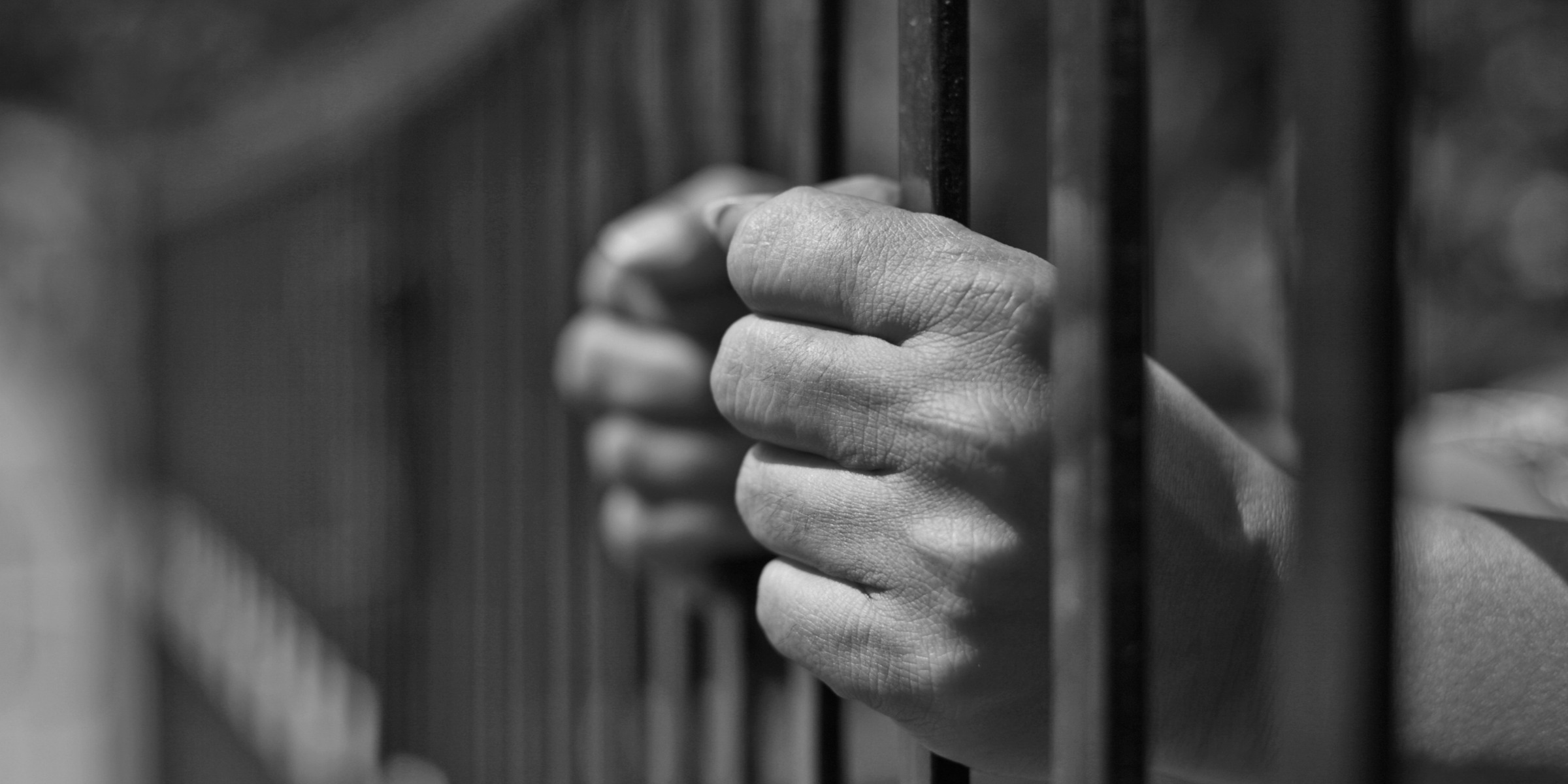Getting released is a huge relief, but it’s not the end of the road.
In Raleigh and across North Carolina, judges often impose bail conditions that you must follow until your case is resolved. These conditions are non-negotiable, and violating them can send you right back to jail—no matter how minor the mistake may seem.
At Big Mike Bail Bonds, we don’t just help you get released, we make sure you understand the rules that come with it. Here’s a breakdown of the most common bail conditions in Wake County and what they mean for your freedom.
What Are Bail Conditions, Exactly?
Bail conditions are court-ordered rules designed to ensure that you:
- Show up for future court dates
- Don’t commit any new offenses while out on bond
- Stay within legal and physical boundaries
These conditions vary depending on the charges, your criminal record, and the judge's discretion. Think of them as temporary rules that protect your release and keep the court confident in letting you stay free.
See how the bail bond process works with Big Mike.
Most Common Bail Conditions in Raleigh, NC
1. No Contact Orders
Often used in domestic violence or harassment cases, no-contact orders prevent you from reaching out to the alleged victim. This includes calls, texts, social media, and even messages sent through third parties.
Breaking this rule can result in immediate bond revocation—no warnings, no second chances.
2. Travel Restrictions
In many cases, you’ll be required to stay within Wake County or the state of North Carolina. Traveling out of the area without prior approval can trigger a warrant and put your release at risk.
3. Drug & Alcohol Testing
Common in DUI, drug-related, or repeat offender cases. Conditions may include:
- Random or scheduled drug and alcohol tests
- Monitoring devices, such as ankle monitors or SCRAM bracelets
- Check-ins with a testing center or pretrial officer
Not understanding these rules—or missing a single test—can put you back in jail. Read our full blog on drug testing and bail conditions for what to avoid.
4. Regular Check-ins with a Pretrial Officer
Similar to probation, these check-ins may happen by phone or in person and help the court track your compliance. They’re especially common if you have prior offenses or the court is unsure of your stability.
5. Curfew or House Arrest
You might be required to stay home during certain hours, typically enforced via electronic monitoring. This allows courts to reduce jail time while still keeping tabs on your movement.
6. No Firearms or Weapons Possession
If you’re out on bond for a felony, expect this restriction, even if you legally owned weapons before your arrest. You’ll need to surrender any firearms immediately. Read more about how to surrender your firearms after being arrested from the NC Legislature.
7. Avoiding Specific Places or People
Sometimes the court will order you to stay away from locations related to your charges—like the alleged crime scene, schools, or even certain businesses. You may also be ordered to avoid people involved in your case.
These conditions aim to reduce conflict and prevent further legal complications.
What Happens If You Break a Bail Condition?
Violating any condition—no matter how small—can result in:
- Immediate re-arrest
- Forfeiture of your bond
- Higher bail amounts or complete denial of bail at your next hearing
- Increased difficulty getting release again
When in doubt, always ask. Need help understanding your bail terms? Call Big Mike.
Can Bail Conditions Be Changed?
Yes, but only by the court. If your current conditions are interfering with your job, family responsibilities, or health needs, your attorney can request a bail modification hearing.
Common reasons to request changes include:
- Adjusting a curfew due to work schedule
- Seeking travel permission for family emergencies
- Removing an ankle monitor if no longer deemed necessary
Every situation is unique, and changes are only approved with strong supporting reasons. Learn how to request changes to bail conditions and more about court conditions from the N.C. Judicial Branch.
Frequently Asked Questions
Can I go to work while out on bail?
Usually yes, but if you’re under curfew or travel restrictions, you may need to submit your schedule to the court or your pretrial officer.
What if I accidentally break a rule I didn’t know about?
Intent matters, but you’re still responsible for knowing your conditions. That’s why it’s crucial to speak with your lawyer and bail agent immediately if you’re unsure.
Are bail conditions the same for everyone?
Not at all. Conditions vary widely based on the charge, your background, and even the judge’s personal style. Some people have light restrictions, while others are monitored closely.
Know the Rules, Stay Free
Getting released on bail is only the beginning. Staying free means understanding your bail conditions and following them to the letter. At Big Mike Bail Bonds, we’re more than just a bond service, we’re your partner in navigating the legal process with clarity and confidence.
Call Big Mike today with any questions about your bond, your conditions, or what to expect next. We’re available 24/7 and always ready to help you stay out, stay informed, and stay ahead.

June 10, 2025
